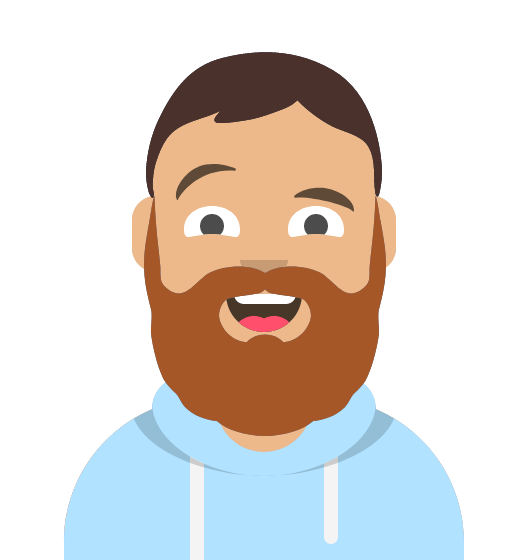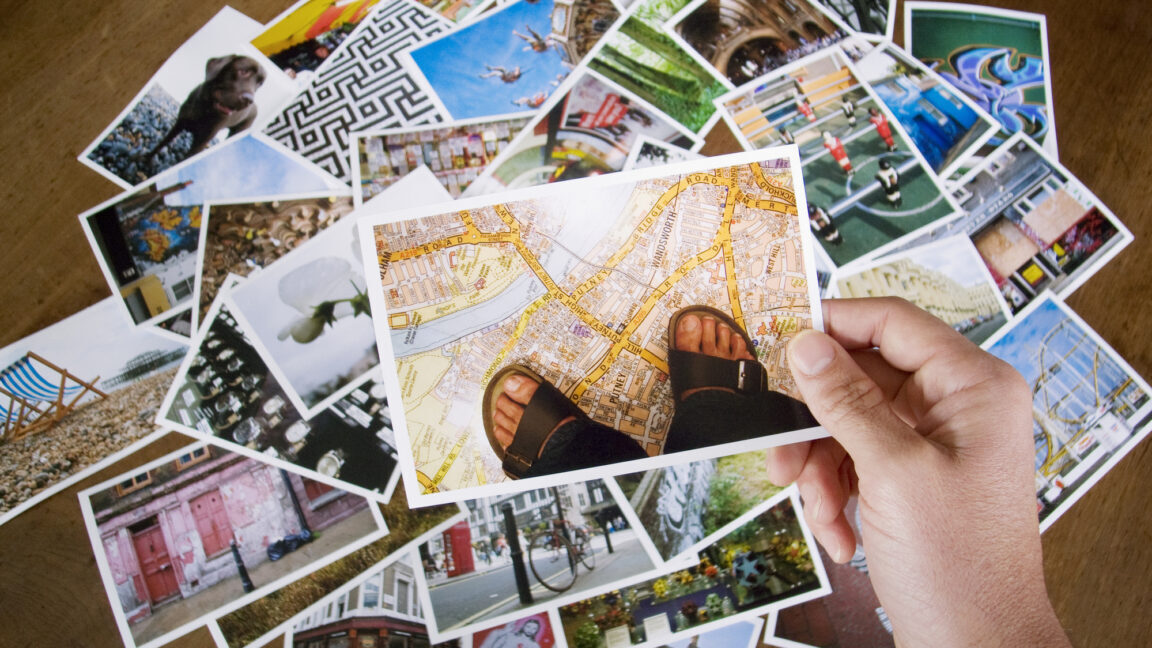- cross-posted to:
- privacyguides@lemmy.one
- cross-posted to:
- privacyguides@lemmy.one
Software engineer Vishnu Mohandas decided he would quit Google in more ways than one when he learned that the tech giant had briefly helped the US military develop AI to study drone footage. In 2020 he left his job working on Google Assistant and also stopped backing up all of his images to Google Photos. He feared that his content could be used to train AI systems, even if they weren’t specifically ones tied to the Pentagon project. “I don’t control any of the future outcomes that this will enable,” Mohandas thought. “So now, shouldn’t I be more responsible?”
The site (TheySeeYourPhotos) returns what Google Vision is able to decern from photos. You can test with any image you want or there are some sample images available.



Ngl, it’s kind of cool! I put one of the two public facing images I have published of myself and it’s trying to guess some details, some right, a few hilariously wrong.
A human or AI sleuth could probably figure out where I live within 10km with information on the internet, but I just have to live with that. It’s a tricky balance between putting enough out there to show you’re not just an AI vs. not giving out so much info that an AI could convincingly impersonate you.
Information about me is scattered across the Net like horcruxes, and you’d have to know someone I know to easily piece things together. I am worried that AI has the ability to analyze these large datasets faster than ever before, whether it is my writing style or anything else, but it will still be computationally intensive with a large dataset to be able discern any details with confidence.